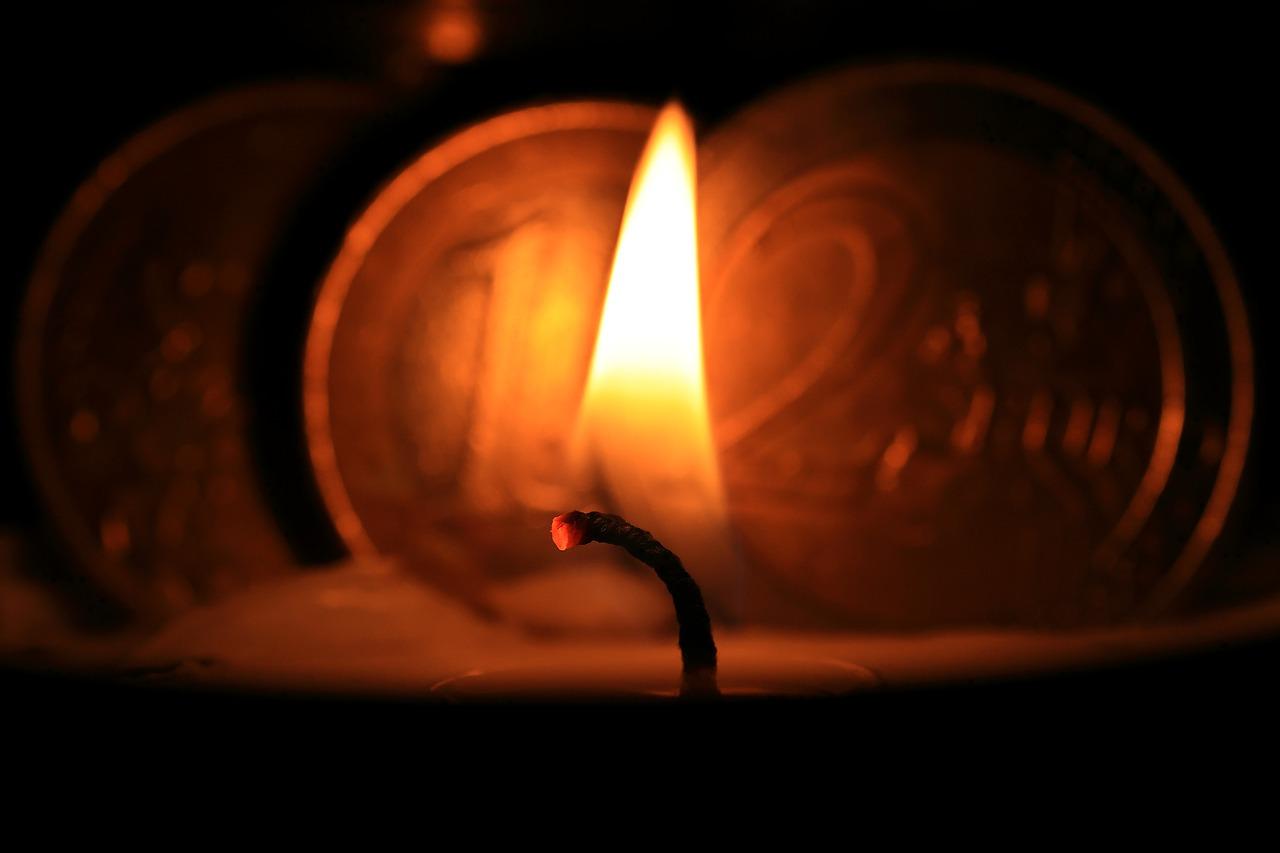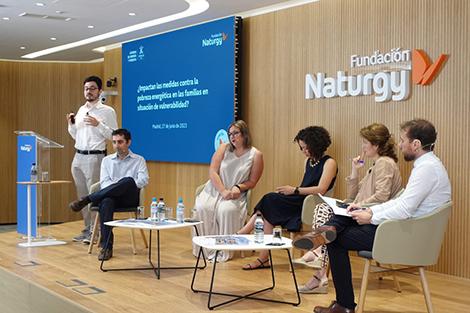63% of people assisted by the Red Cross cannot maintain the comfort of their home in summer
These are data from a study carried out by the Chair in Energy and Poverty, which indicates that 70% of households do not benefit from social bonds

More than 25% of households experienced bill payment delays (Image: Freepik)Designed by Freepik
1 July 2024
The situation of 63% of families in Spain is more than worrying, according to the study 'The impact of energy poverty on the social vulnerability of the population assisted by the Red Cross in the context of the inflationary crisis' carried out by the Comillas ICAI Chair in Energy and Poverty for the Red Cross. More than 1,500 households were analysed in which the most pressing problem was the inability to maintain comfort in their homes in both winter and summer.
One of the reasons for the problem is socio-economic. As Sara Casas, from the Environmental Knowledge Area of the Spanish Red Cross explains, "more than 85% of the households in the study on Social Vulnerability and Energy Poverty in Spain are at risk of poverty and/or social exclusion, mainly due to the low income level of the population analysed, with 63% of people living in relative poverty and 68% in severe material and social deprivation". For Roberto Barrella, researcher at the Comillas ICAI Chair in Energy and Poverty, "relative poverty is traditionally identified as one of the main causes of energy poverty; moreover, the lack of comfort can also be related to the poor condition and low energy efficiency of most of the homes analysed".
Another relevant finding of the study is that the lack of adequate temperature in households, especially the most vulnerable ones, is closely related to a growing tendency of many families to restrict heating for fear of the bill. A fact that spiked in 2022 due to inflation and meant that only 9% of those surveyed would use their heating without restrictions during the winter of 2022-2023. In addition, "more than 25% of households experienced delays in paying bills at a higher rate than in previous years, confirming the connection between this fear of the bill and the growing thermal discomfort of these households," say the study's authors.
The social and personal impact of these habits, and of fuel poverty in general, is summarised from six different perspectives: the impact on mental and physical health (23% of respondents report health problems related to fuel poverty); the risk of poisoning, fire or power cuts (25% store flammable products and 6.6% suffer power cuts); indebtedness and delays in paying bills (27% recognise delays in paying their bills and 70% cut back on bills); reduced social, leisure and entertainment life (67.2% of respondents suffer cuts in their social life); increased family conflict and the impact on school and work life (31% reduce their spending on education).
The Red Cross points to a path towards a just and essential energy transition to overcome or tackle situations of energy poverty with alternatives and improvements to scale up and strengthen the fight against this social scourge, such as extending social vouchers, and promoting energy efficiency and self-consumption as well as the humanisation of social care.
You may also be interested in

The Chair in Energy and Poverty at Comillas Pontifical University claims in a report that it did so at a slower rate than expected

Un estudio de Comillas relaciona la rehabilitación de edificios con la reducción de la pobreza energética

First doctoral thesis defended as a result of the collaboration between Comillas ICADE and the University of Strathclyde in Glasgow
